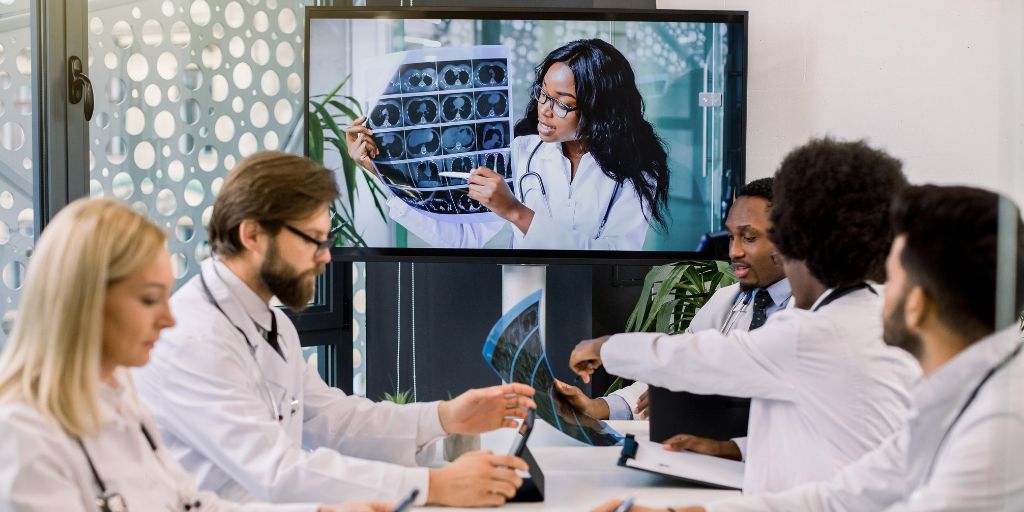In recent years, the healthcare sector has achieved remarkable new feats, spurred by the adoption of cutting-edge technologies such as artificial intelligence (AI), precision medicine and telemedicine. These advancements have propelled the industry forward, revolutionizing diagnostics, treatment planning and patient care, and ultimately leading to enhanced patient outcomes and greater efficiencies. However, one crucial domain lags behind in embracing these innovations: the clinical research industry.
As the primary catalyst for the development of groundbreaking drugs and therapies, clinical research organizations (CROs) play a crucial role in the healthcare industry. With the responsibility of conducting clinical trials, these organizations face a variety of complex challenges, including the need for objective, high-quality data that can be reviewed and re-analyzed later in the trial process. The stakes are high: clinical trials can last anywhere from two to eight years with average costs ranging between $50 million and $100 million. Further, delays in drug sales can result in losses as costly as $8 million per day. In this high-pressure, life-impacting environment, every efficiency counts.
Lights, camera, clinical action: the power of video in healthcare
In today’s world, the use of video and video technology to improve processes through data capture is ubiquitous across industries. In the healthcare setting specifically, this visual data is vital for optimizing efficiency, protecting staff and patient safety and providing effective remote care.
In clinical trials, it brings even more potential benefits. It captures an objective truth – a useful comparison for post-review and analysis, instead of solely relying on notes or the subjective opinion of one or two specialists in the room with the patient.
This means better quality data and retrospective re-evaluation of results, which can save time, resources and money. For example, video works particularly well in trials on central nervous diseases, where patients may need to talk, interact or move in some way to evaluate the effectiveness of treatment. In fact, video is often a requirement for some trials.
The privacy tightrope: navigating data sharing and compliance
However, using visual data from clinical trials to support research, and to help develop and patent new drugs, presents these organizations with a critical challenge. Access to patient data is vital for the pharmaceutical industry and the wider medical field. But, it’s paramount that patient data is captured safely and shared in a way that protects sensitive data.
The Health Insurance Portability and Accountability Act in the United States, commonly referred to as HIPAA, sets a nationwide standard for the protection of patients’ personal health information (PHI), including video data. To comply with HIPAA and the FDA, the main takeaways for clinical research organizations are:
- Authorization and informed consent are needed from patients
- Not having consent to share personal data is very rarely allowed
- Data in this context can be disclosed – provided it is de-identified. For video, this means anonymization of personal and identifiable data
Video redaction: automating the anonymization of visual data
Today’s advancements in artificial intelligence offer CROs solutions that keep them compliant, while protecting patients’ privacy. Video redaction technology, like Secure Redact which leverages computer vision and machine learning, enables clinical researchers to protect PHI in video by removing all personal identifiers, such as faces, from data so that it’s effectively anonymized. The data is no longer categorized as PHI and can be used and shared responsibly under HIPAA and other federal and state data privacy laws.
As the healthcare industry continues to overcome new barriers and embrace innovative technologies like AI, CROs must adapt to stay competitive and ensure the best possible outcomes for their trials. By leveraging video data capture, anonymization and secure sharing practices, research organizations can optimize operational efficiency, reduce trial costs and maintain compliance with privacy regulations– ultimately bringing more successful and timely trials for both patient and industry benefit.
By Simon Randall




